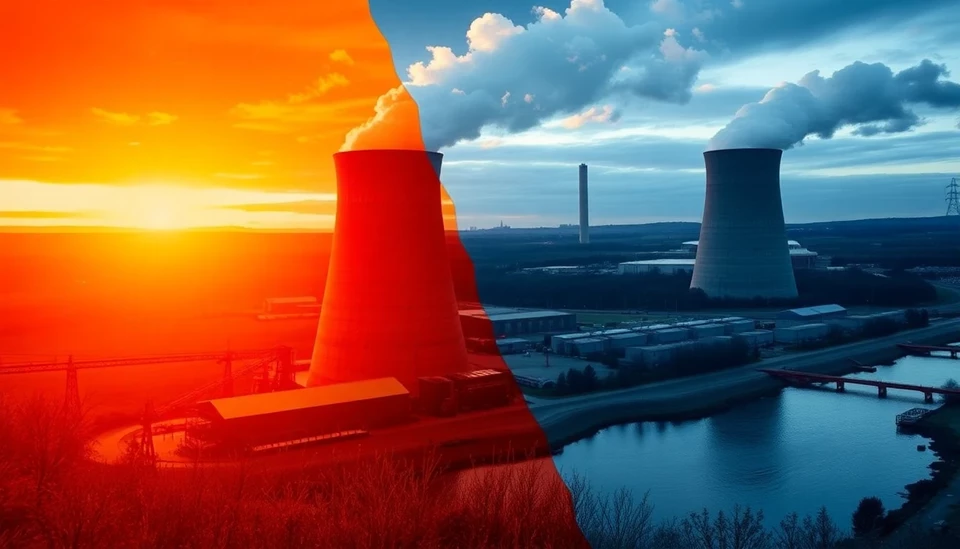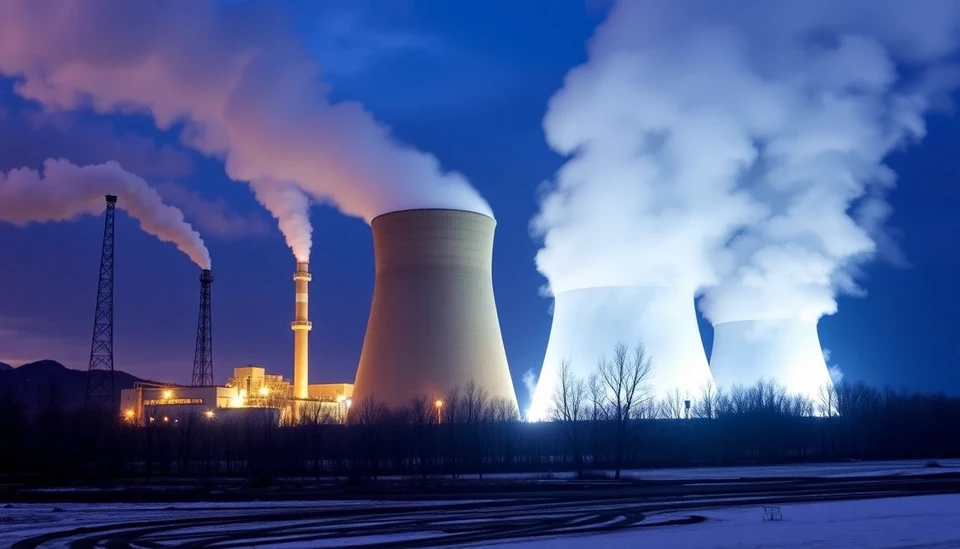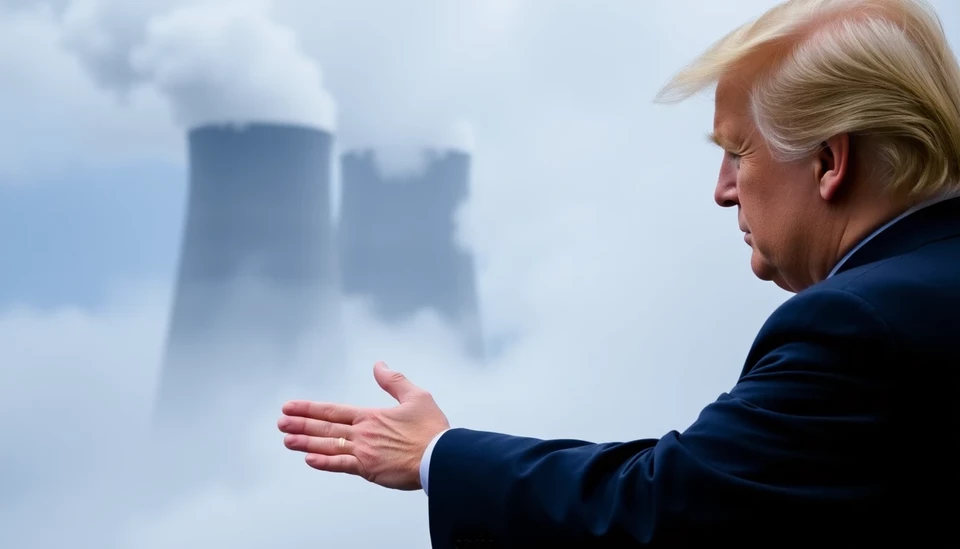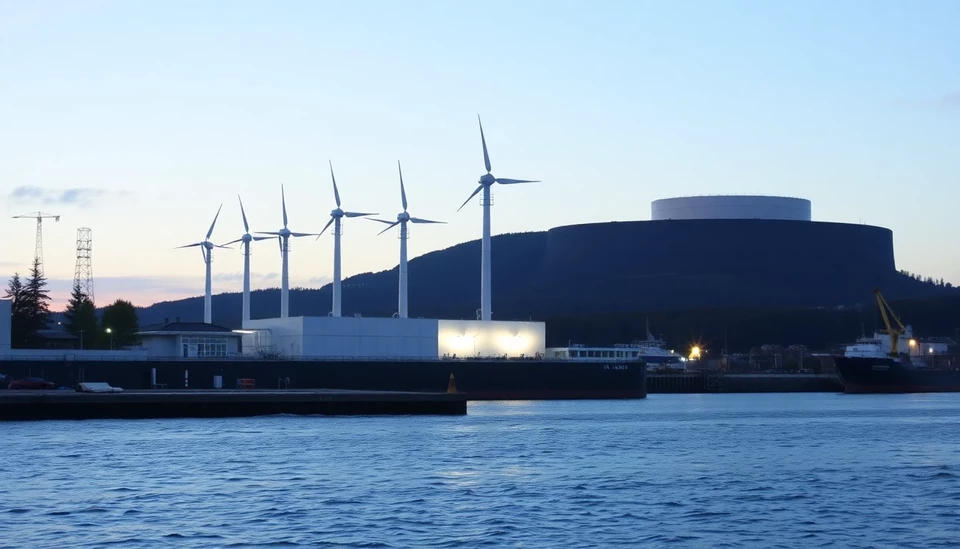
The United Kingdom's ambitious strategy to implement carbon capture technology is encountering significant criticism from lawmakers who label the initiative as "high-risk." The government's plan aims to reduce greenhouse gas emissions drastically, targeting net-zero by the year 2050. However, many members of Parliament are concerned about the over-reliance on unproven technology and the potential economic implications.
During a recent session in Parliament, legislators raised alarms regarding the practicality and feasibility of the carbon capture initiative. They argued that the success of the strategy hinges heavily on technologies that are still in experimental stages, which could lead to large-scale failures. These concerns spotlight the broader question of whether the UK can achieve its climate goals without a more diversified approach to sustainability and energy solutions.
Several prominent MPs argued that the government must provide greater clarity concerning its plans, expressing skepticism about the reliance on carbon capture as a catch-all solution. Critics highlighted that the initiative may divert crucial funding away from proven renewable energy sources, such as wind and solar power, which are more reliable and have demonstrated effectiveness in reducing emissions.
Furthermore, the Parliament's Environmental Audit Committee has emphasized the importance of having a balanced energy strategy that incorporates a variety of approaches rather than depending excessively on carbon capture technology. This call for a more multi-faceted strategy was echoed by numerous environmental experts who caution against putting all of the UK's decarbonization hopes into one uncertain basket.
In response to the critiques, government officials maintained that carbon capture technology holds the key to mitigating emissions from industries that are traditionally challenging to decarbonize. They argue that with the right investment and technological breakthroughs, carbon capture can play a critical role in achieving the country's climate objectives. Nevertheless, serious doubts linger on whether such advancements can unfold swiftly enough to meet the urgent targets laid out in the government’s climate policy.
As the discourse continues, the UK government is expected to face mounting pressure to reassess its approach to climate action. Lawmakers’ warnings reflect a growing concern over the trajectory of the current strategy and underline the need for transparency and robust contingency plans. Overall, the future of the UK’s carbon capture initiative remains uncertain as it grapples with fundamental questions about its reliability and effectiveness in addressing climate change.
The debate surrounding carbon capture serves as a microcosm of the larger discussions taking place around climate policy in other countries. Governments worldwide are increasingly scrutinizing the reliance on technology-driven solutions while weighing their potential for real and lasting impact on climate change. Against this backdrop, the UK’s experience could serve as a vital case study in navigating the complexities of transitioning to a low-carbon future.
As the UK moves forward, balancing innovation in carbon technology with an emphasis on alternative renewable energy sources will be essential to fulfilling its climate commitments and fostering sustainable growth.
#CarbonCapture #UKClimateStrategy #ClimateChange #NetZero #RenewableEnergy #EnvironmentalPolicy
Author: Megan Clarke




